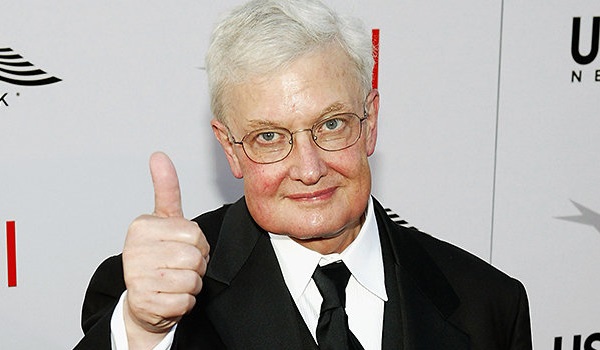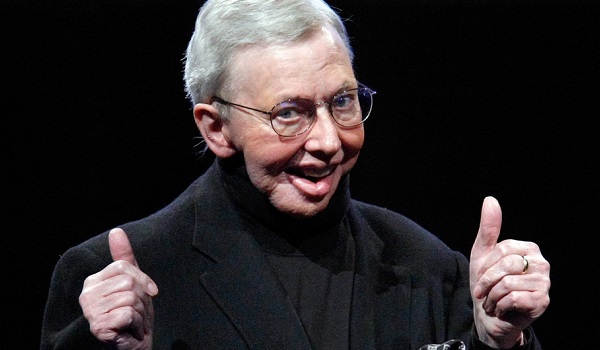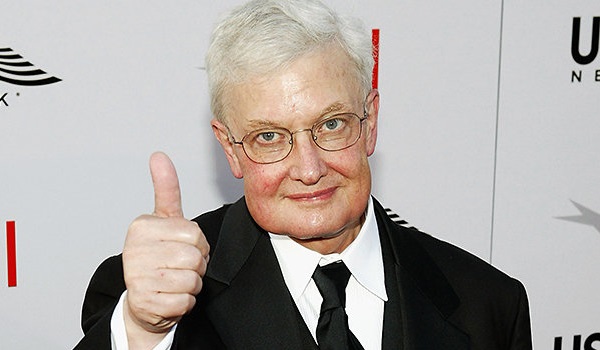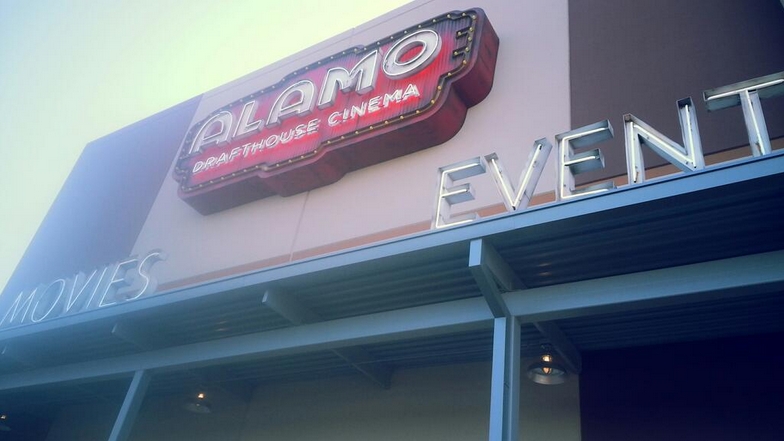 As a kid, I grew up in a house filled with love and reverence for film. Some of my earliest memories were watching the old Adam West Batman show. But before it came on there was always this show about these two guys sitting in a theater discussing (and arguing) about movies. Yes, it was Siskel & Ebert.
As a kid, I grew up in a house filled with love and reverence for film. Some of my earliest memories were watching the old Adam West Batman show. But before it came on there was always this show about these two guys sitting in a theater discussing (and arguing) about movies. Yes, it was Siskel & Ebert.
I was too young to know what movies they were talking about as well as understand their criticisms, but I always understood and loved when they gave their trademark “two thumbs up”. Even at 5 years of age, what really resonated with me were the times when Roger Ebert would throw an arm over the chair, turn round and start talking directly to me…well at least that’s what it felt like. Simple but effective, that was the beauty of his approach; his reviews were more of a discussion rather than a dissimination of an irrefutable opinion.
It was his approach to film that made it more about what was good and what was bad. He taught us not to take a film at face value but to challenge it, encouraging us to get a conversation going (it was probably a subconscious reason we call our site GoSeeTalk with a tagline that’s simply “Welcome to the conversation”). Further, it showed us that film and reviews of them can be intelligent and also very accessible.
It’s that delicate balance that he walked again and again. He also showed us, part of his job really, that it’s OK to not like something. When he didn’t care for something, he had no reservations about letting us know or letting a film have it. With his articulate but casual approach to his work he became a symbol of the film journalism world, a friend to every household and an example to many, many people.
Film and opinions of film will always be subjective and with the warm invitation “see you at the movies” he was something of an icon, a legend and someone who could appeal to any and all film fans. He’ll be sorely missed.
~Marc

If you like movies, if you like talking about movies, if you’ve ever sat and thought and unpacked the central themes and underlying meaning of a movie, then Roger Ebert has had an impact on you whether you realize it or not. Even if a film critic doesn’t believe that Roger Ebert has had an impact on his or her style of writing and approach to criticism, he has. That’s the kind of critic he was. Whether you acknowledge him as a direct influence or simply as a valuable font of knowledge in the over-arching world of film criticism, Roger was one of a kind, and the effect he’s had on film criticism in total has been felt by everyone and anyone who has thought to articulate their thoughts on the movies in written form.
Ebert, the first person to win a Pulitzer for film criticism and accord it increased validation as a discipline (and as a discipline worth pursuing), ranks among my greatest inspirations in film writing. When you read him, there’s a sense that you’re his sole audience; no one else is out there, it’s just you and Roger having a conversation about a film. (Or, more accurately, Roger talking about a film while you sit quietly and listen.) That’s one of his greatest gifts: his ability to make you feel included, to make you feel like you, too, could understand films for their below-the-surface qualities.
His love for the medium is contagious; it pops off the page when you read him, it shows in his body language and resonates in his voice when you watch him. Not quite the “wretched, ancient warlock” some of his detractors characterize him as, Ebert existed more as a fan than as a stuffy, tweedy, scholarly authority. Oh, he had authority- when he passes judgment on a picture, for good or for ill, you know it’s worth listening to. But part of the fun of Ebert is that despite the authority he possessed, which he earned after decades of watching more movies than most of us will ever see in our lifetimes, he encouraged discussion and debate rather than setting his declarations in stone.
In short, he was the ultimate film fan. The world will be poorer without him.
~Andrew


